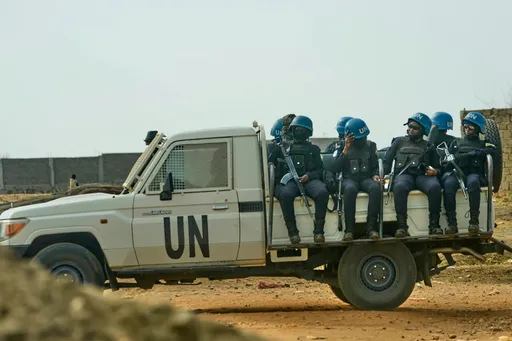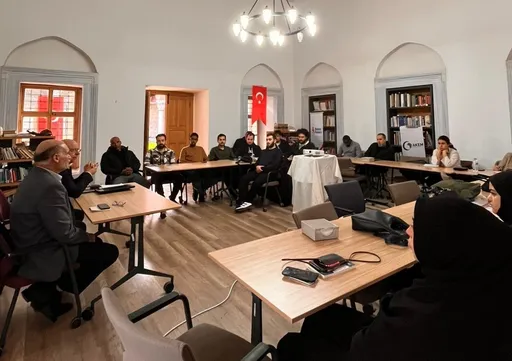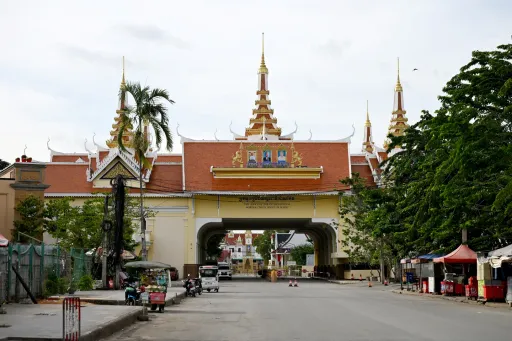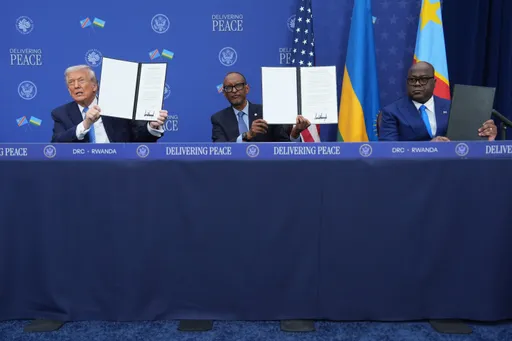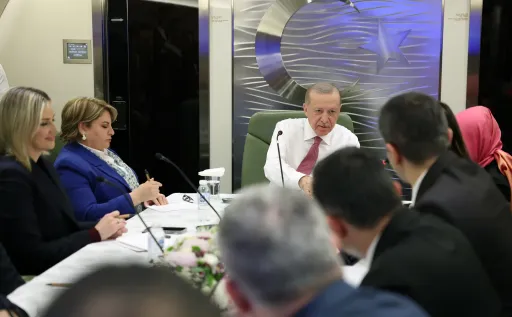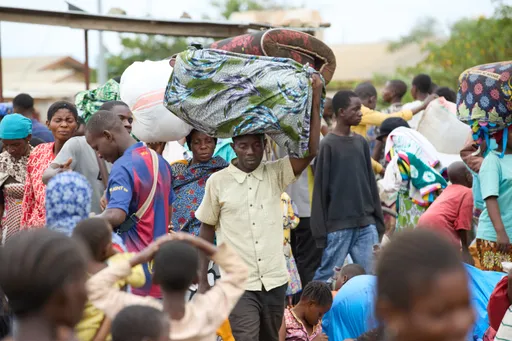The G7 issued a strong appeal on Tuesday for an immediate halt to escalating violence across the Middle East and warned of the grave humanitarian and geopolitical consequences of continued conflict.
The group emphasised in a statement the urgent need for a ceasfire, particularly in the Gaza Strip and along the Blue Line in Lebanon, while calling for adherence to international law and enhanced humanitarian assistance.
The G7 expressed alarm about the intensifying violence in Gaza, the occupied West Bank and along the Blue Line, citing the devastating toll on civilians and critical infrastructure.
The statement highlighted the displacement crisis in Lebanon, where growing numbers of internally displaced persons and refugees are seeking shelter amid the fighting between Israel and Hezbollah.
Safe return of displaced people
The G7 urged all parties to respect international humanitarian law and called for the safe return of displaced individuals.
In light of the violence, it condemned attacks on the UN Interim Force In Lebanon (UNIFIL) that have injured peacekeepers and damaged facilities. The group called for strengthening the role of UNIFIL and the Lebanese Armed Forces to maintain stability.
It expressed strong support for the United Nations Relief and Works Agency for Palestine Refugees (UNRWA), emphasising its vital role in providing aid and services in Gaza, the occupied West Bank and East Jerusalem.
The G7 urged the Israeli government to fulfill its international obligations to ensure unimpeded humanitarian access and basic services for civilians.
Pointed criticism
Rising violence in the West Bank drew pointed criticism, with the group condemning Israeli settlement expansion, settler violence and actions that threaten the viability of a two-state solution.
The group urged Israel to release withheld clearance revenues and take measures to stabilise the Palestinian economy.
Reiterating its commitment to the Middle East peace process, the G7 stressed the importance of unifying the Gaza Strip and the West Bank under the Palestinian Authority.
The group called for renewed international efforts to create the conditions for a negotiated, lasting peace between Israel and Palestine.
Humanitarian crisis
As the humanitarian crisis deepens, the G7 urged all parties to prioritise dialogue and diplomacy, emphasising that a political resolution is the only path to sustainable peace in the region.
The statement noted that Russia's aggression against Ukraine has surpassed 1,000 days, emphasising that ballistic missiles used by Russia on November 21 were steps that heightened tensions.
It highlighted that Russia's military presence and occupation of the Zaporizhzhia Nuclear Power Plant in Ukraine increase nuclear safety risks, and it expressed support for international initiatives to mitigate the risks.
Expressing significant concern about the use of North Korean soldiers on Ukrainian fronts by Russia, the statement said: "North Korea's direct support of Russia's war against Ukraine not only reflects Russia's desperate attempts to compensate for its losses but also signals a dangerous escalation of the conflict, with serious consequences for European and Indo-Pacific security."
Policies affect economy
It also noted that a Ukraine Recovery Conference would be held in Rome next year.
The section of the statement concerning the Indo-Pacific region addressed China, stating that G7 countries remain ready to cooperate with China on global issues.
It expressed concern about China's growing ties with Russia and the Russian defence industry. "China must prevent its companies from selling materials and equipment for secondary uses, including those for weapons and weapon parts, especially drones," it said.
The statement invited China to urge Russia to withdraw from Ukraine.
"We are not attempting to harm China or undermine its economic development," it said while noting that some of China's policies negatively affect the economies, security, workers and industries of G7 countries.
➤Click here to follow our WhatsApp channel for more stories.









